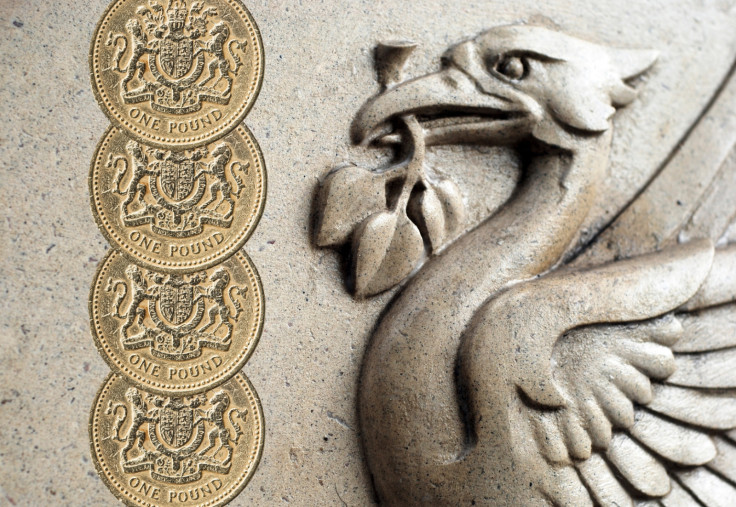Camden Pound, Liverpool Pound: Cryptocurrency coming to a city near you
Coloured coins specialist Colu has been part of local digital currency experiments in Barbados, Brazil and Israel.

Colu, a technology company famous for development work on the Coloured Coins protocol, is about to issue two localised digital currencies in the UK – the Camden Pound and the Liverpool Pound.
By focusing on issuing localised digital currencies, Colu aims to seed a new peer-to-peer payment infrastructure, a new digital economy which will benefit local communities as it grows to scale.
The company has built up a wealth of experience in this area. For example, Colu's technology is behind the audacious Barbadian digital dollar roll-out, which involves its central bank. Colu is also instrumental in a project in Brazil involving a number of community banks looking to establish the Bitreal. So far Tel Aviv-based Colu has issued two digital currencies in Israel: a digital shekel in Jaffa and another in the Florentine district of Tel Aviv.
This is a well-oiled machine comprising merchant tools, wallets, a control panel to manage the new economy and an ops team on the ground. Colu co-founder and CEO Amos Meiri said: "It's about bringing merchants from one side, clients from one side; trade transactions create a marketplace and a local economy.
"Our focus is now on the UK. Next month we are starting two economies, one in Liverpool and the other in the Camden area. There is real value transfer between people and merchants on top of the technology. It also helps us understand the tools, the needs of users and then how to improve the infrastructure."
Traditionally, a big challenge for onboarding merchants to Bitcoin was its inherent volatility. Colu's local digital currencies are linked to fiat, making things considerably easier for the merchant recruitment operation team, which includes former managers from Uber and WeWork.
Colu co-founder Mark Smargon said: "I think the story is really compelling. We are coming to people in the community, without the blockchain talk, saying here is a currency that has a social goal inside your community.
"It provides a digital tool; as well as a frictionless way of moving money it could also be a huge benefit to independent businesses for barter with other businesses, lowering transaction fees and reducing the high cost of entry to mobile commerce.
Meiri said localisation also provides scope to usefully plug in different partners, such as municipalities that want to encourage different behaviours like recycling, and other utilitarian activities. "So as well as buying the currency, you could also earn it for different things that you are doing, mostly it's social or do-good actions like recycling, or like volunteering, or reporting on a broken pipe, and everything is being done through the app of course."
The openness of the system also brings advantages. For example, in Brazil an integration with Ingenico, the point of sale technology provider, can now easily be replicated other places. "We see that with different tools on top of the network, like ATMs etc – this is the advantage of an open source, open network," added Meiri.
Lightning
As well as taking to the streets to issue digital currency, Colu is also doing something radically innovative with the technology underpinning it. To ensure this P2P patchwork of digital commerce scales, the team has been working hard with Lightning, the payment channel which will give Bitcoin vast off-chain scaling potential.
Smargon said: "What we are launching right now works on top of Bitcoin. Later this month we are planning to do off-chain transactions using Lightning Protocol which will give us unlimited transactions per second (TPS). In our tests we are getting very good results, but that's without any optimisation."
"What we are going to announce is going to be the first real thing about Lightning Network with digital assets; the first thing that you can really see how it works and play with it."
He said the Colu team has had a few months on testnet and "segnet" to play with the technology, even though the final version has not been released. "It was mature enough for us to build on top of it. Of course all our work is being done with cooperation from Lightning Labs and it's not a fork; the idea is not to build a fork of some outdated version.
"Our job was to take the Lightning protocol and adapt it to coloured coins, which is not an easy task, especially since the code is not finalised. I think what we are releasing is a start - a very promising start."
© Copyright IBTimes 2025. All rights reserved.






















